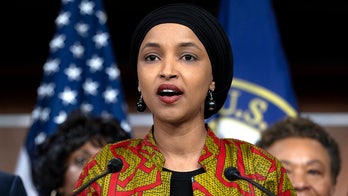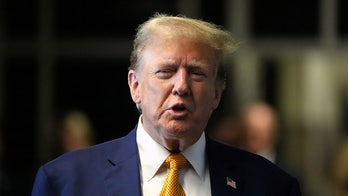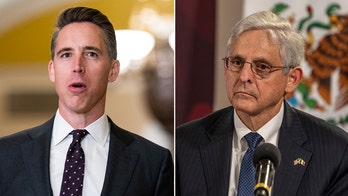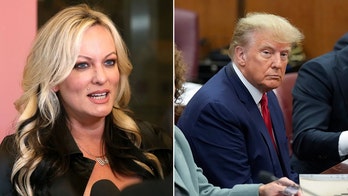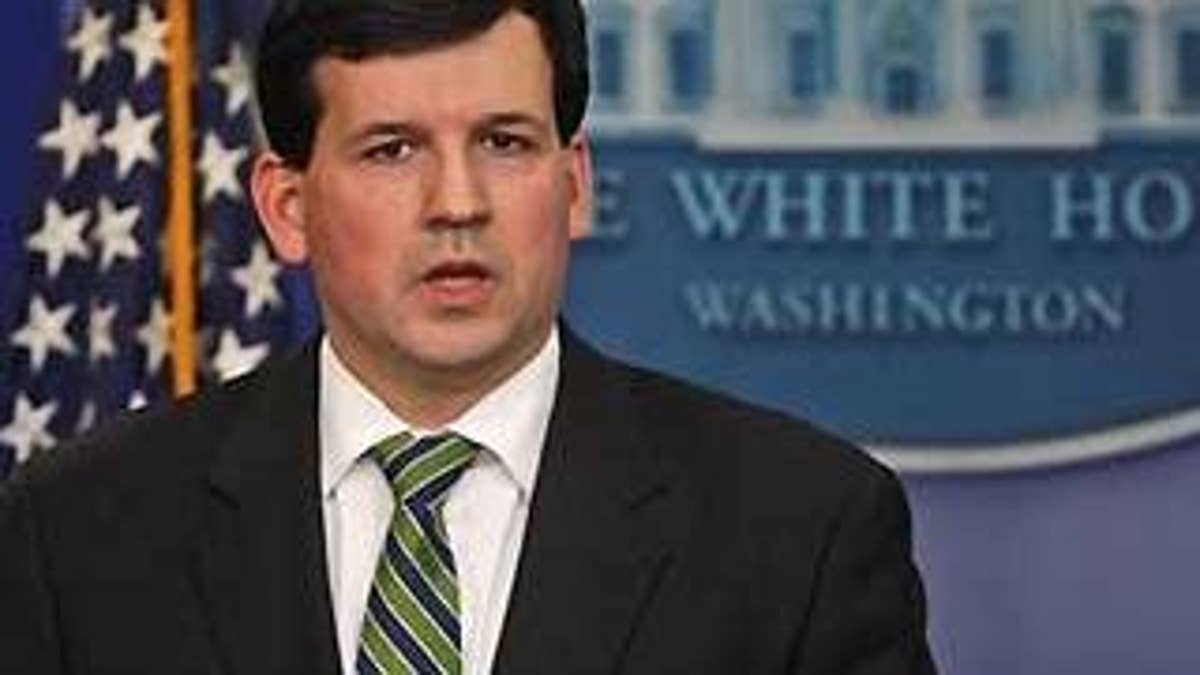
President Obama directed his administration Monday to allow unlimited travel and money transfers by Cuban Americans to family in Cuba, a decision that drew quick criticism from two Cuban-American congressmen.
Presidential spokesman Robert Gibbs and presidential aide Dan Restrepo made the announcement during his daily briefing with reporters, ahead of the president's attendance this weekend at a Summit of the Americas in Trinidad and Tobago.
"The president is taking some concrete steps today to bring about some much needed change that will benefit the people of Cuba, that will increase the freedom they have and more importantly to allow Cuban Americans to see their families and send them money," Gibbs said.
"We want to increase the flow among Cubans and between Cubans and the outside world," Restrepo, a special assistant to the president for western hemisphere affairs, said.
Republican Reps. Lincoln Diaz-Balart of Florida and Mario Diaz-Balart -- both of Florida -- called the president's decision a "serious mistake," and decried any policy changes that could bring the Cuban government income while its leadership continues to oppress individual liberties like freedom of speech.
"President Obama has committed a serious mistake by unilaterally increasing Cuban-American travel and remittance dollars for the Cuban dictatorship," they said in a joint statement.
"This dictatorship is one of the most brutal in the world," added Florida GOP Rep. Connie Mack. "The U.S. economic embargo must remain in place until tyranny gives way to freedom and democracy. At the same time, we should find ways to strengthen the bonds of families torn apart by the Castro regime simply because of family members who yearn for freedom."
Restrepo said the U.S. is getting out of the business of interfering with Cuban families, as should the Cuban government.
"We think the positive benefits will weigh outweigh any of the negative effects," Restrepo said.
Given these changes will benefit the regime in Havana, it would be wise in the implementation to place some reasonable limits on this type of travel and the amounts that can be sent to Cuba.
Sen. Mel Martinez, R-Fla., who is also of Cuban descent, said now that the president has called for more interaction, the administration should work to advance liberties from the Cuban government.
"The administration is right to call on the Cuban government to end the onerous charge of 20 percent on remittances. Lowering remittance charges and allowing travel for Cuban families wishing to see relatives abroad are two steps the Cuban regime could immediately take that would show change in Havana," he said.
About 1.5 million Americans have relatives on the island nation that turned to communist rule in 1959 when Fidel Castro seized control. Castro's brother, Raul, now serves as president.
Obama also directed his administration to lift restrictions on communications, including authorizing U.S. telecommunications firms to establish fiber-optic cable and satellite telecommunications facilities linking the United States and Cuba and licensing those service providers as well as satellite and radio providers to operate with Cuban companies.
American cell phones with service contracts from the U.S. work on some parts of the island, but service is not always reliable and depends on the phones' specifications.
Other steps taken Monday include expanding the things allowed in gift parcels being sent to Cuba, such as clothes, personal hygiene items, seeds, fishing gear and other personal necessities.
Last May, former President George W. Bush announced a new policy that people living in the United States could include cell phones in gift parcels sent to Cubans. At the time, Bush aides said that U.S. residents could pay for the cell service attached to phones they send.
Sending money to senior government officials and Communist Party members remains prohibited under Obama's new policy. Restrictions imposed by the Bush administration had limited Cuban travel by Americans to just two weeks every three years. Visits also were confined to immediate family members.
Francisco Hernandez, head of the exile group the Cuban American National Foundation, was once a staunch supporter of travel restrictions but supported Obama's announcement, saying he hopes it will inspire both sides to reconsider long-held positions.
It will help Cubans become more independent of the state "not only in economic terms but in terms of information, and contacts with the outside world," said Hernandez, who was imprisoned by the Cuban government for nearly two years after participating in the 1961 failed Bay of Pigs invasion.
Miami travel agent Tesie Aral said her phone has been ringing nonstop in anticipation of the announcement, with a tenfold increase last Friday alone.
"People were already planning to travel more based on their ability to go every 12 months," said Aral, owner of ABC Charters. "Whether they can travel more frequently than that depends on the economy."
Obama had promised to take these steps as a presidential candidate.
"There are no better ambassadors for freedom than Cuban Americans," Obama said in a campaign speech last May in Miami, the heart of the U.S. Cuban-American community. "It's time to let Cuban Americans see their mothers and fathers, their sisters and brothers. It's time to let Cuban American money make their families less dependent upon the Castro regime."
Also in that Miami speech nearly a year ago, Obama promised to depart from what he said had been the path of previous politicians on Cuba policy -- "they come down to Miami, they talk tough, they go back to Washington, and nothing changes in Cuba."
"Never, in my lifetime, have the people of Cuba known freedom. Never, in the lives of two generations of Cubans, have the people of Cuba known democracy," he said then. "This is the terrible and tragic status quo that we have known for half a century -- of elections that are anything but free or fair; of dissidents locked away in dark prison cells for the crime of speaking the truth. I won't stand for this injustice, you won't stand for this injustice, and together we will stand up for freedom in Cuba."
He also promised to engage in direct diplomacy with Cuba, "without preconditions" but with "careful preparation" and "a clear agenda."
Some lawmakers, backed by business and farm groups seeing new opportunities in Cuba, are advocating wider revisions in the trade and travel bans imposed after Castro came to power.
FOX News' Daniela Sicuranza and the Associated Press contributed to this report.

